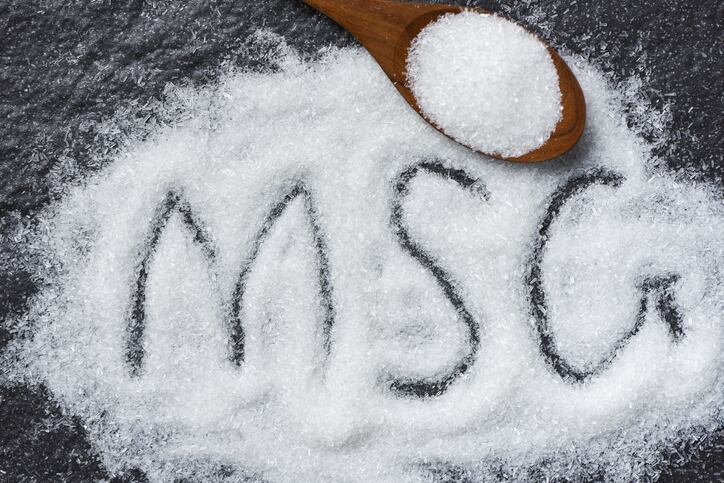A survey by Japan’s Ministry of Health, Labor and Welfare's research group estimated that the dementia population will increase to 7.3 million by 2025, up from 4.62 million people in 2012, further adding that one in five people in Japan over the age of 65 will eventually develop dementia.
We previously reported that Ajinomoto will focus on food solutions to combat global health issues such as age-related functional decline for the next 10 years.
Daisuke Nakamiya, senior manager of global communications at Ajinomoto, told NutraIngredients-Asia and FoodNavigator-Asia the company was now conducting contract research on the potential benefits of amino acids at universities and working with local hospitals and government.
In a study published in the European Journal of Clinical Nutrition, researchers from Tottori University and Ajinomoto’s Institute for Innovation studied the potential benefits of MSG in dementia patients.
In the study, 159 patients with dementia residing in a hospital or nursing home were separated into two groups.
Group one (n=80) was given diets with 0.26g salt (NaCl) added to each meal (3 meals/day).
Group two (n=79) was given diets with 0.9g MSG added to each meal (3 meals/day).
These additives were added to rice porridge, miso or other soups or mixed in the main dish, and the amount of sodium intake was equal in both groups. The study consisted of a 12-week intake period, followed by a 4-week follow-up period.
During the follow-up period, researchers found that the group of patients who ingested MSG showed significantly better scores on the overall cognitive ability test compared to the group of patients who ingested salt (p<0.05).
Furthermore, group two also scored significantly higher in the word recognition (p<0.05) and clock time recognition tests (p<0.01) than group one.
Nutritional status
In the same study, researchers said MSG may also improve the nutritional status in these patients. According to them, appetite loss is considered a major risk factor for dementia progression in elderly patients.
Researchers believed that the inability to taste umami decreased with age, and contribute to a lack of enjoyment of food, and overall food intake.
In this study, adding MSG increased the umami taste in food, leading to increased appetite and also increased cognitive function in elderly patients with dementia.
Ajinomoto stressed that these were preliminary results and further studies were required to demonstrate MSG’s positive impact on dementia, cognitive ability as well as food intake.
The company is also studying how branched-chain amino acids like leucine can help build muscles in the elderly, and how asparagine and glutamic acids can act as a neurotransmitter for cognitive function.
It will work with medical institutions to analyse possible links between dietary habits and declines in cognitive function using patient data.
Source: European Journal of Clinical Nutrition
https://doi.org/10.1038/s41430-018-0349-x
“Effect of monosodium L-glutamate (umami substance) on cognitive function in people with dementia.”
Authors: Kouzuki M, et al.




